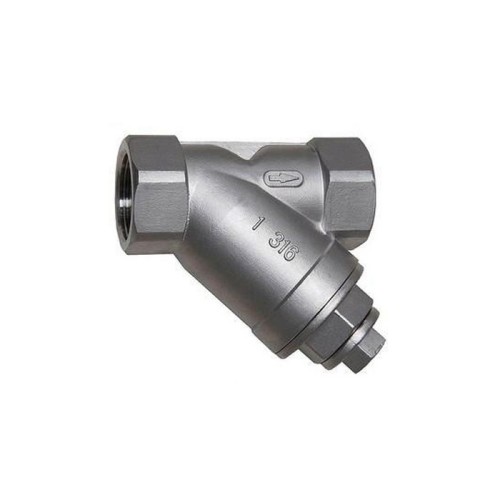Top Manufacturers of High-Quality 3 Way Ball Valves for Efficient Fluid Control Solutions
The Importance of 3-Way Ball Valves in Industrial Applications
In various industrial processes, the efficiency and reliability of fluid control systems are paramount. One of the key components in these systems is the 3-way ball valve. This type of valve is specifically designed to regulate the flow of liquids and gases in multiple directions, making it an indispensable element in a wide array of applications. In this article, we will explore the features, benefits, and significance of 3-way ball valves, as well as the considerations when choosing a reputable 3-way ball valve manufacturer.
What is a 3-Way Ball Valve?
A 3-way ball valve is a type of valve that uses a spherical closure element known as a ball, with a hole through its center. This design allows for the control of flow paths in various configurations. Unlike standard valves that allow fluid flow in only one direction, the 3-way ball valve can either direct flow from one inlet to two outlets or vice versa. This versatility is particularly useful in applications where diverting or mixing streams of fluids is necessary.
Features and Benefits
One of the primary advantages of 3-way ball valves is their ability to provide precise control over flow rates and directions. They come in different configurations - L-port (for diverting) and T-port (for mixing) - allowing manufacturers to select the most suitable design for their specific applications.
1. Durability High-quality 3-way ball valves are typically constructed from robust materials such as stainless steel, brass, or plastic. This ensures they can withstand harsh environments, high pressure, and temperatures.
2. Minimal Pressure Drop Unlike other valve types, 3-way ball valves tend to have a lower pressure drop, contributing to improved system efficiency and energy savings.
3. Quick Operation With a quarter-turn mechanism, 3-way ball valves can be opened and closed swiftly, paving the way for faster operation in fluid control processes.
3 way ball valve manufacturer

Applications of 3-Way Ball Valves
3-way ball valves are highly versatile and find applications across various industries, including
- Water Treatment Regulating the flow of water and chemicals during purification processes. - Chemical Processing Diverting or mixing different chemical solutions. - Oil and Gas Controlling the flow of petroleum and natural gas. - HVAC Systems Managing airflow and temperature control in heating and cooling systems.
Choosing a Reliable Manufacturer
When selecting a 3-way ball valve manufacturer, several factors should be considered to ensure product quality and reliability
1. Experience and Reputation Look for manufacturers with a proven track record in producing high-quality valves. Reading customer testimonials and industry reviews can provide insights into their reputation.
2. Certifications Check if the manufacturer complies with international quality standards, such as ISO 9001. Compliance indicates adherence to quality manufacturing processes.
3. Customization Options fluid control requirements can vary significantly from one application to another. A good manufacturer should offer customization options to cater to specific needs.
4. Customer Support A reliable manufacturer provides excellent customer support, ensuring prompt assistance and guidance throughout the purchasing process.
In conclusion, the 3-way ball valve is a crucial component in many industrial applications, offering versatility, efficiency, and reliability. Selecting the right manufacturer can significantly impact the performance of your fluid control systems, making it essential to do thorough research before making a decision. By investing in quality 3-way ball valves, industries can optimize their operations, ensure safety, and enhance productivity.
-
The Key to Fluid Control: Exploring the Advantages of Ball Valves in Industrial SystemsNewsJul.09,2025
-
The Versatile World of 1, 2, and 3 Piece Ball ValvesNewsJul.09,2025
-
Stainless Steel Ball Valves: The Ideal Choice for Efficient Flow ControlNewsJul.09,2025
-
Optimizing Fluid Control with Ball Float ValvesNewsJul.09,2025
-
Manual Gate Valves: Essential for Control and EfficiencyNewsJul.09,2025
-
Everything You Need to Know About Butterfly ValvesNewsJul.09,2025
-
The Versatility of Wafer Type Butterfly ValvesNewsJul.08,2025




